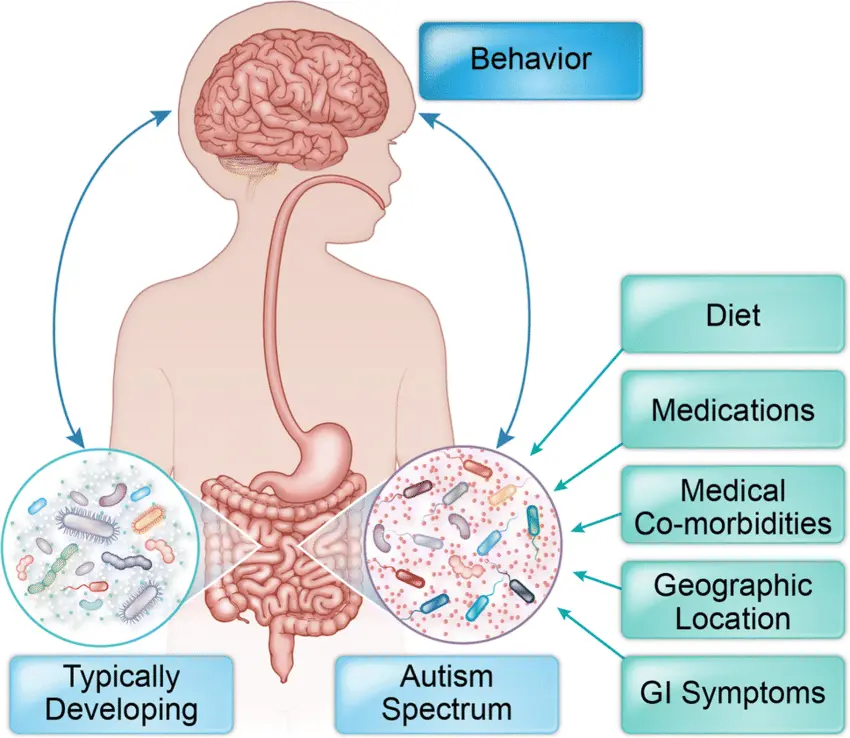Decoding Autism Through the Microbiome: A New Frontier in Neurodevelopmental Research
Groundbreaking studies are increasingly linking alterations in the gut microbiome to the development and severity of autism spectrum disorder (ASD). Researchers have discovered that children with autism often show distinct microbial profiles compared to neurotypical individuals, including imbalances in key bacterial species that influence immune function, gut permeability, and neurotransmitter production. These microbial shifts may affect brain development through the gut-brain axis, potentially contributing to behavioral and cognitive symptoms. This has sparked intense interest in microbiome-targeted therapies such as fecal microbiota transplantation (FMT), tailored probiotics, and dietary interventions as innovative approaches to support children with ASD. By understanding and modulating the microbiome, science is opening a promising, non-invasive path toward improving outcomes in autism.
